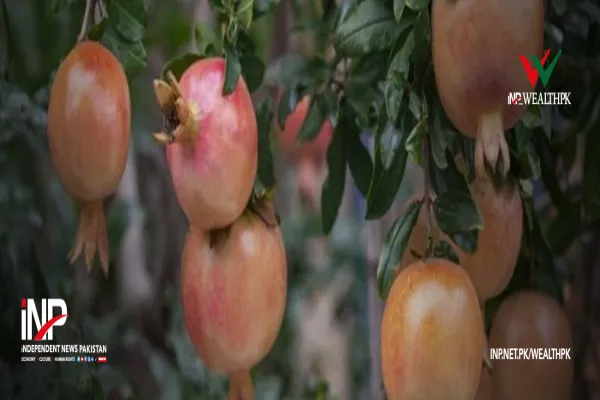i INP-WEALTHPK
Ayesha Saba
Amid fiscal deficits, inflation, and weak industrial output, Pakistan’s economic recovery and long-term stability depend on targeted investment in high-impact industries like agriculture, manufacturing, and technology, believe experts.

Talking to WealthPK, eminent macroeconomist and deputy executive director of the Sustainable Development Policy Institute (SDPI), Sajid Amin Javed said Pakistan’s economic model is skewed toward non-productive sectors, with excessive reliance on imports, real estate, and consumption-based subsidies. “The economy needs rebalancing.
Without significant investment in value-added agriculture, SME-based manufacturing, and labor-intensive exports, Pakistan will remain vulnerable to external shocks,” he said. “Productive sectors generate employment, build domestic value chains, and improve the country’s export base.
However, over the years, a combination of poor infrastructure, regulatory bottlenecks, and high energy costs has deterred private sector investment,” he said. He noted that the manufacturing sector, which has stagnated due to the energy shortages and policy inconsistencies, requires revitalization.
Industrial growth has been hindered by high input costs, inadequate infrastructure, and a lack of innovation. “We need a multi-pronged policy response to reverse this,” he said, adding that incentives for technology adoption, access to finance for SMEs, and stable macroeconomic conditions are essential to attracting both local and foreign investment.
Sajid said that recent initiatives such as the Special Investment Facilitation Council (SIFC) have been praised for streamlining investment processes and attracting foreign capital, particularly from Gulf countries and China. However, he cautioned that unless these investments are channelled into sectors enhancing productive capacity, long-term economic gains will remain limited.
Nadia Iftikhar, a trade and investment consultant at Cynosure Consultant, pointed out, “Capital inflows must not just be transactional; they must lead to industrial upgradation, skills enhancement, and technology transfer.” Agriculture, which employs nearly 37% of Pakistan’s labor force, remains underperforming due to outdated farming methods, lack of mechanization, and inefficient supply chains.
She recommended targeted subsidies for seed and fertilizer, incentives for agritech startups, and rural infrastructure development to unlock the sector’s full potential. Nadia said strategic investments in digital infrastructure, coupled with policy support for startups and venture capital, can position Pakistan as a regional tech hub. Expanding IT exports and integrating automation across industries can drive efficiency and reduce dependence on traditional sectors.
However, she cautioned that realizing these gains requires a stable policy environment and institutional reforms. “Investor confidence depends on regulatory predictability, transparency, and the rule of law,” she emphasized. Strengthening public-private partnerships and streamlining bureaucratic processes will be critical to unlocking long-term capital inflows, she concluded.
Credit: INP-WealthPk






